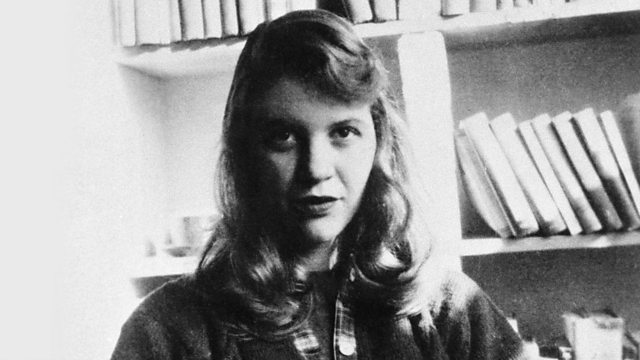
Episode 8
Esther, a clever young woman with great ambitions, with Doctor Nolan's help, can finally fly free. Read by Lydia Wilson.
With Doctor Nolan's help, Esther can finally fly free...
Sylvia Plath's haunting and only novel tells the story of Esther Greenwood, a talented girl with a prestigious internship on a magazine in New York in 1953.
With dreams of becoming a writer and an impressive track record of scholarships and prizes, Esther seems to have it all - and knows she should be 'having the time of her life'. But between the cocktail parties and the piles of manuscripts, unsatisfactory men and the choices ahead, she finds herself spiraling into confusion and depression. As she retreats from the world in despair, she will attempt suicide and find herself in the world of the asylum before finding a way through.
The Bell Jar is both darkly funny and acutely observed, capturing in vivid and witty prose the society Plath inhabited in the 1950s. A modern classic, it's a powerful portrait of a clever young woman with great and varied ambitions, confounded by the hurdles the world puts in her way, as relevant today as when it was written.
Concluded by Lydia Wilson.
Abridged by Sally Marmion.
Producer: Di Speirs
First broadcast on 大象传媒 Radio 4 Extra in February 2013.
Last on
More episodes
Previous
Next
You are at the last episode
Broadcasts
- Wed 20 Feb 2013 22:45大象传媒 Radio 4
- Wed 22 Jan 2020 14:00大象传媒 Radio 4 Extra
- Thu 23 Jan 2020 02:00大象传媒 Radio 4 Extra
Mad Girl's Love Song
Radio 4 Blog: The Bell Jar
Di Speirs discusses the first ever broadcast version of Sylvia Plath's book 'The Bell Jar'



